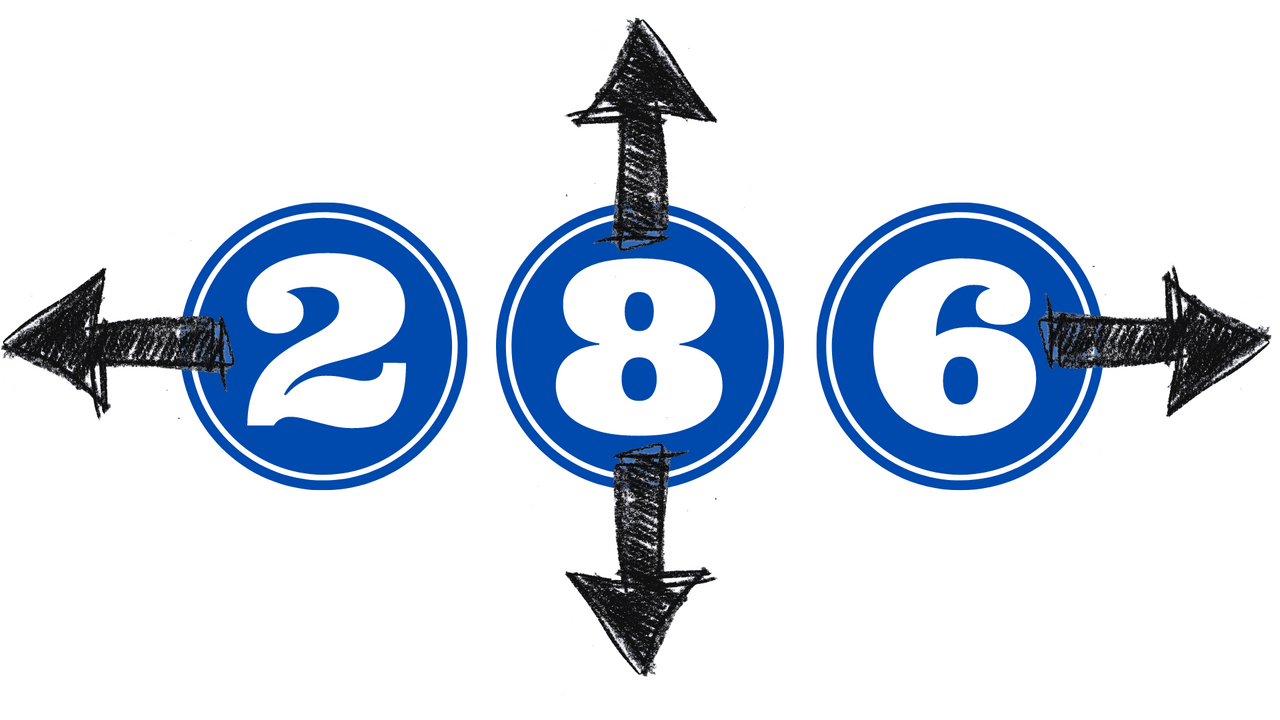Present tense is more persuasive
Does writing in present tense make you more persuasive? According to research on Amazon listings, the tense we use impacts how helpful reviews are, and more importantly, how persuasive you can be in your written communications.
Past, present and future tense
Across five studies, including over 2 million online reviews, researchers wanted to know whether using past, present or future tense matters most to the reader.
Starting with a database of 832,137 Amazon fashion and beauty product revi...
Should you show effort?
Should you show effort?
A locksmith turns up to a house where the owner has locked themselves out. After only a few minutes, the locksmith unlocks the door, turns to the relieved owner and says “That will be $200”.
“$200!", the home owner splutters. “It only took you 2 minutes!”
“2 minutes to open your door, but 10 years to know how to do it so quickly!”, replies the locksmith.
This story, or versions of it featuring a mechanic, carpenter or other trade, makes the point that people often equ...
Praise that backfires

There’s some phrasing we’ve got to stop using because it undermines the point we're trying to make.
See if you can spot the problem:
- “I can’t recommend this paper enough”
- “I would not hesitate to recommend…”
- “Couldn’t recommend anyone more for this”
Do you see it?
❌ Can’t, wouldn’t, couldn’t.
When we start praise with a negative, that’s what people hear.
Instead, when offering praise use:
✅ "I wholeheartedly recommend..."
✅ "I'm thrilled to vouch for..."
✅ "It's my pleasure to ...
When to be vague vs. precise
Let’s say you are advertising a new product, like a razor.
Should you describe it as being “laser-sharp” or “high quality”?
Laser sharp uses concrete, precise language whereas high quality is more abstract.
New research has revealed which type to use, when.
This matters because ads cost money, lots of money, so you want to make sure what you say has the biggest positive impact possible.
So, what did the researchers find?
In one of their experiments they had 124 hockey fans rate a pro...
Pricing is like a puffer jacket

I’ll never forget visiting Brisbane in winter.
As a Melburnian I packed light, shedding layers as the northern sun warmed my bones.
Around me, locals swarmed, clutching coffees and swathed in puffer jackets.
When you’re used to 12 degrees, 19 degrees feels warm.
When you’re used to 25 degrees, it doesn’t.
Our experience of temperature is relative.
👉 So is pricing.
Things are only expensive or cheap depending on context.
Repairing my heater for $250 is a bargain compared to buying a ...
The $3,000 coffee
Most of my trip to the Ikara-Flinders Ranges, South Australia, last year went as planned.
Plenty of wildlife, time in the red dirt, and lots of friendly fellow road trippers.
But the $3,000 coffee caught me by surprise.
I’d stopped in the small town of Blinman, boasting a population of thirty five, for a coffee and to sample some of the bakery’s finest.
Strolling the main street, I spotted this sign.
Being a huge fan of Indigenous art, I jumped back in the van and drove a short distance ...
How to close a sales conversation
It's awkward, isn't it Bri?
That moment in a sales conversation when you have to ask for the deal?
Or maybe it's not even a sales conversation, but a discussion with a colleague whom you are trying to get to make a decision?
In this video I explain:
- The three stages of an effective sales conversation
- The role that tension plays
- What to say to close the sale
And why do I call it "conversion cutlery"?
Because as you'll see, the three stages relate to a spoon, knife and fork.
Prefer t...
Talking behavioural science with my intern, Bora Ergor
It was an absolute delight to have Bora Ergor interning with me this year.
Bora is a very talented psychology student at the University of Strasbourg and together we worked across a range of assignments.
In this video Bora talks us through what his research unearthed as well as tips for people seeking to intern.
We cover what behavioural science says about:
- How to optimise your online presenting presence and overcome Zoom fatigue
- Framing and use of language i.e. knowing exactly what to s...
Which digit do you want people to focus on?

Ending your price with “9” is a tidbit of pricing psychology that has entrenched itself in business folklore.
Why? Because $1999 seems better than $2000, and $12.99 better than $13.
But why does it seem better?
It may have a lot to do with the direction the digit is pointing. You see, 9 points to the left, as does 1, 2, 3, 4 and 7.
5 and 6 are right-facing whereas 0 and 8 are centered.
This digit-directionality (Coulter, 2007) is yet another consideration when it comes to how you represent...
How to communicate with idiots

I’ve been going deep on language lately
Knowing what to say and how to say it.
Partly because I’ve created a “scripting tool” for my Just Do This members, where I’ve written sample scripts for everything from getting past the gatekeeper and dealing with time wasters, to fielding complaints and chasing late payers.
Partly because I’ve been creating my “Dealing with D!ckheads” webinar (recording exclusively available to Just Do This members), in which I cover how to identify the type of chall...


